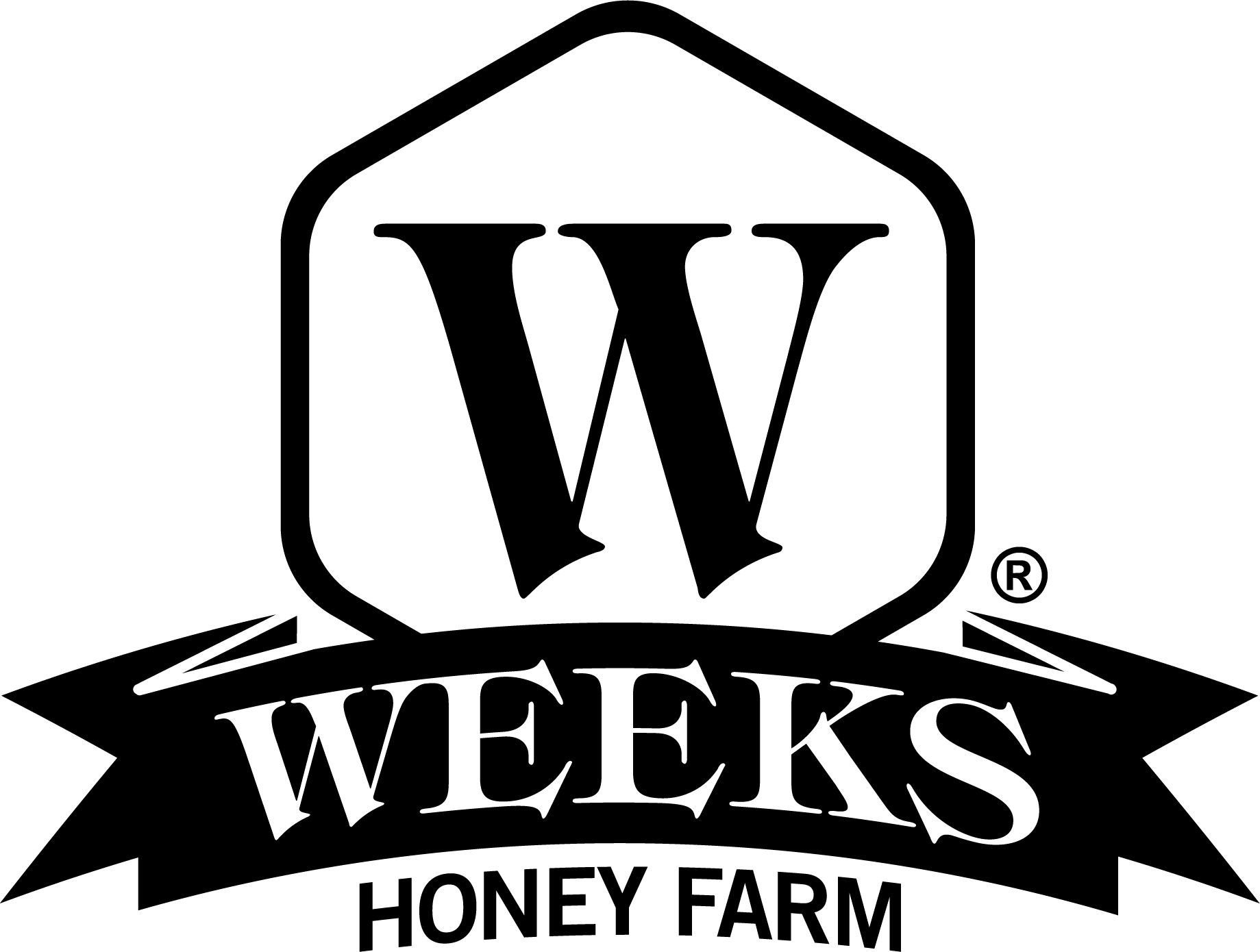Raw Honey and Cortisol: A Sweet Solution for Stress Management
In today’s fast-paced world, stress is a common challenge that can wreak havoc on our health. One key player in the stress response is cortisol, a hormone produced by the adrenal glands. While cortisol is essential for regulating metabolism, blood sugar, and inflammation, chronically elevated levels can lead to issues like anxiety, weight gain, and weakened immunity. Fortunately, nature offers a delicious ally in managing cortisol levels: raw honey. This golden elixir isn’t just a sweetener—it’s a nutrient-packed superfood with potential benefits for stress hormone regulation. Let’s explore how raw honey affects cortisol and why incorporating it into your diet could be a game-changer for your well-being.

What is Raw Honey?
Unlike processed honey, which is often heated and filtered, raw honey is unprocessed, retaining its natural enzymes, antioxidants, vitamins, and minerals. It contains compounds like flavonoids, phenolic acids, and bee pollen, which contribute to its health-promoting properties. Raw honey’s unique composition makes it a standout choice for supporting overall health, including hormone balance.
How Raw Honey Influences Cortisol Levels
Emerging research and traditional wisdom suggest that raw honey may help modulate cortisol levels through several mechanisms. Here’s how:
1. Stabilizes Blood Sugar to Reduce Cortisol Spikes
Cortisol is closely tied to blood sugar regulation. When blood sugar drops too low (hypoglycemia), the body releases cortisol to mobilize stored glucose. This can create a vicious cycle of stress and hormone imbalance. Raw honey, with its natural sugars (glucose and fructose), provides a steady energy source that helps stabilize blood sugar levels.
A 2018 study published in Scientific Reports found that natural honey consumption led to a lower glycemic response compared to refined sugars, preventing sharp blood sugar spikes and crashes. By maintaining stable glucose levels, raw honey may reduce the need for cortisol release, promoting a calmer stress response.
2. Rich in Antioxidants to Combat Oxidative Stress
Chronic stress increases oxidative stress, which can elevate cortisol production. Raw honey is packed with antioxidants, such as flavonoids and phenolic compounds, that neutralize free radicals and reduce oxidative damage. A 2017 review in Pharmacognosy Research highlighted honey’s potent antioxidant properties, noting its ability to protect cells from stress-induced damage.
By reducing oxidative stress, raw honey may indirectly lower cortisol levels, supporting a healthier stress response and protecting against the long-term effects of elevated cortisol, such as inflammation and tissue damage.
3. Promotes Restful Sleep, a Key Cortisol Regulator
Cortisol follows a diurnal rhythm, peaking in the morning and declining at night. Disrupted sleep can throw this rhythm off, leading to elevated nighttime cortisol levels. Raw honey has been used traditionally to promote restful sleep, likely due to its ability to replenish liver glycogen stores and provide a steady supply of energy during the night.
A 2013 study in Journal of Natural Medicines explored honey’s sedative effects, attributing them to its tryptophan content, which supports serotonin and melatonin production—neurotransmitters essential for sleep. By improving sleep quality, raw honey may help normalize cortisol rhythms, reducing overall stress.
4. Supports Gut Health for Hormone Balance
The gut-brain axis plays a critical role in stress and hormone regulation. A healthy gut microbiome can modulate cortisol levels by influencing the hypothalamic-pituitary-adrenal (HPA) axis. Raw honey contains prebiotic compounds, like oligosaccharides, that feed beneficial gut bacteria.
A 2020 study in Food & Function demonstrated that honey’s prebiotic properties enhanced gut microbiota diversity, which is linked to improved stress resilience and lower cortisol levels. A balanced gut may help dampen excessive cortisol production, promoting emotional and physical well-being.
Why Choose Raw Honey?
Not all honey is created equal. Raw honey retains its bioactive compounds, which are often destroyed during the heating and filtering processes used in commercial honey production. To maximize the cortisol-regulating benefits, opt for raw, unfiltered honey from a reputable source. Look for labels indicating “raw” or “unprocessed” and consider local honey, which may also support immunity by exposing you to regional pollens.
How to Incorporate Raw Honey into Your Diet
Adding raw honey to your routine is easy and delicious. Here are some ideas to get started:
-
Morning Boost: Stir a teaspoon of raw honey into warm water with lemon for a gentle, cortisol-friendly start to your day.
We recommend Weeks Gold Reserve Honey -
Evening Wind-Down: Mix raw honey into herbal tea or warm milk to promote restful sleep and support cortisol regulation. We recommend Weeks Tupelo Honey
-
Healthy Snacks: Drizzle raw honey over Greek yogurt or pair it with nuts for a blood sugar-stabilizing treat. We recommend Weeks Orange Blossom Honey
-
Smoothie Enhancer: Blend a tablespoon of raw honey into your favorite smoothie for a nutrient-packed sweetener. We recommend Weeks Ceylon Cinnamon Honey
Note: While raw honey is generally safe for most people, it should not be given to infants under one year due to the risk of botulism. Always consult a healthcare provider if you have specific health concerns or conditions like diabetes.
The Sweet Takeaway
Raw honey is more than just a natural sweetener—it — it’s a powerful ally in managing stress and supporting hormone balance. By stabilizing blood sugar, reducing oxidative stress, promoting sleep, and supporting gut health, raw honey may help keep cortisol levels in check, paving the way for better health and resilience. So, the next time stress creeps in, reach for a spoonful of raw honey — your body (and taste buds) will thank you!
Always consult your doctor before changing your diet.
References
-
Abdulrhman, M., et al. (2018). "Honey and its effects on blood glucose and lipid profile." Scientific Reports, 8(1), 1-9.
-
Erejuwa, O. O., et al. (2017). "Antioxidant and anti-inflammatory effects of honey." Pharmacognosy Research, 9(2), 121-128.
-
Fukuda, K., et al. (2013). "Honey and sleep: A review." Journal of Natural Medicines, 67(1), 1-7.
-
Ma, C., et al. (2020). "Prebiotic effects of honey on gut microbiota." Food & Function, 11(5), 4012-4022.





Comments (0)
There are no comments for this article. Be the first one to leave a message!